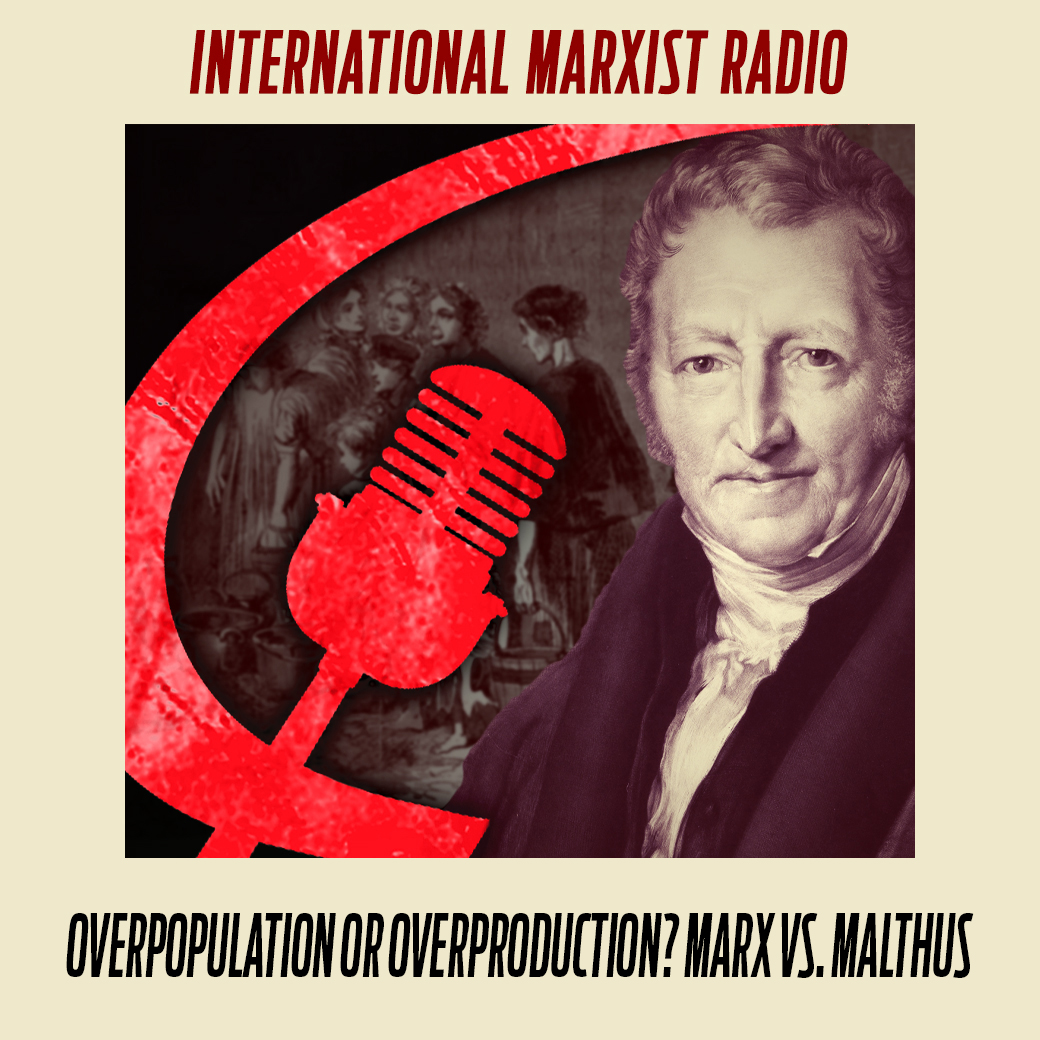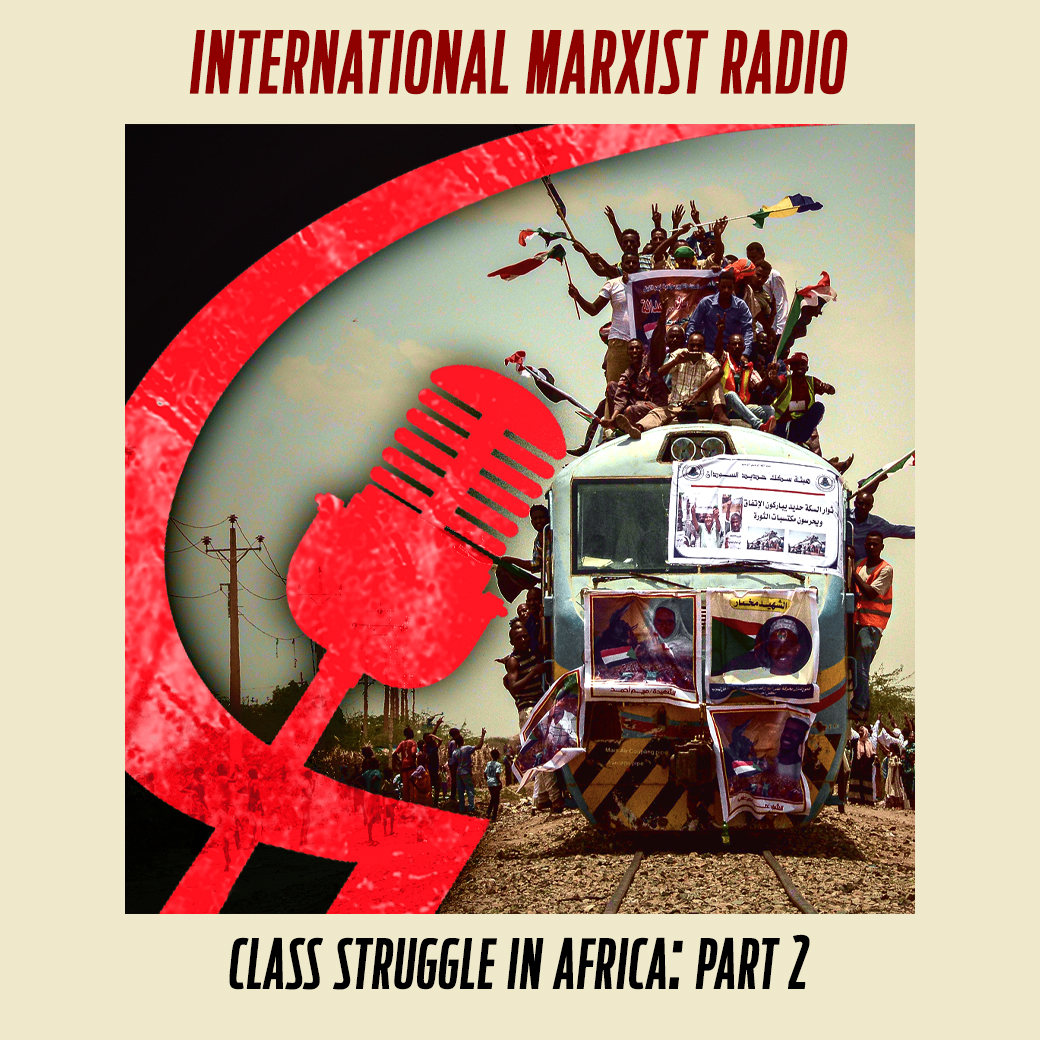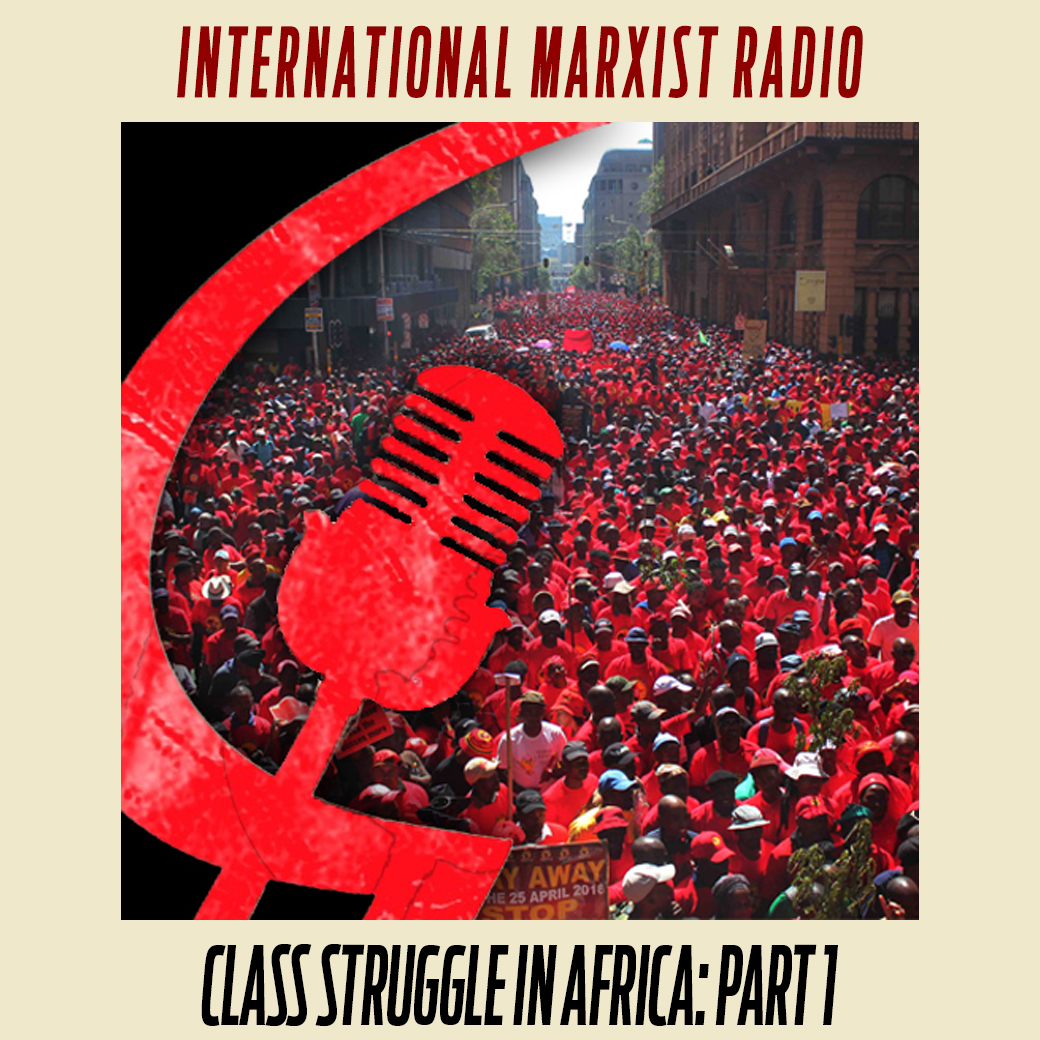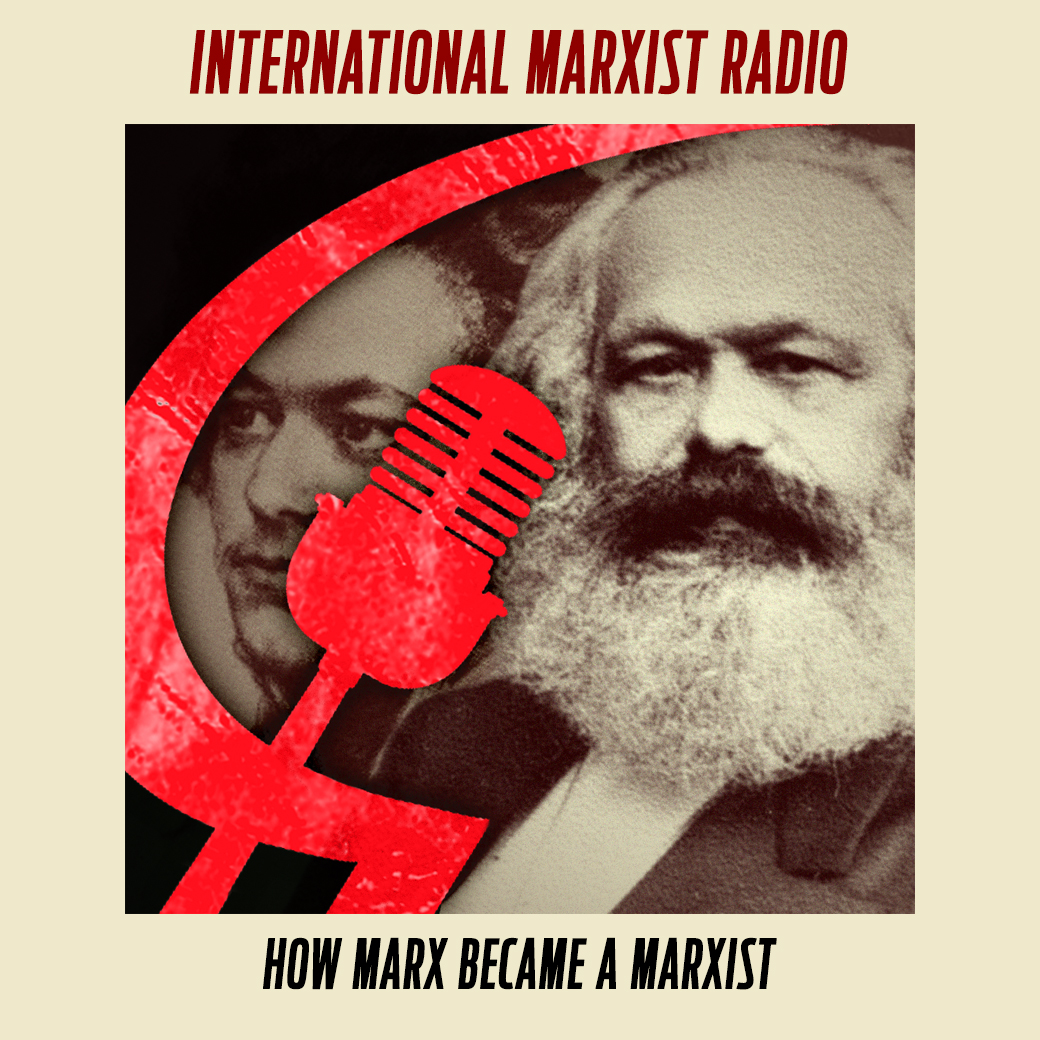Is human population growth to blame for poverty and climate change? Plenty of pundits and politicians on the right and left alike seem to think so. Knowingly or not, they repeat the reactionary ideas of the Reverend Thomas Malthus, whose economic and social theories Marx and Engels demolished nearly 200 years ago. Yet today, the spectre of Malthusianism still endures.
This week’s episode of International Marxist Radio welcomes back Adam Booth from the British Marxist organisation Socialist Appeal to discuss the pernicious role Malthus’ disciples play in the world today. Rather than overpopulation and migration causing inequality and the poor living standards, Marxists understand that exploitation is the real culprit.
The means exist to feed, clothe and house every human being on earth, but these resources are held in a small number of private hands, to be exploited for profit. We need revolution and democratic management of the economy!
This discussion is based on Adam’s article from issue 41 of In Defence of Marxism magazine, ‘Marx versus Malthus’, which is available now: http://www.marxist.com/magazine.htm
Podcast: Play in new window | Download




